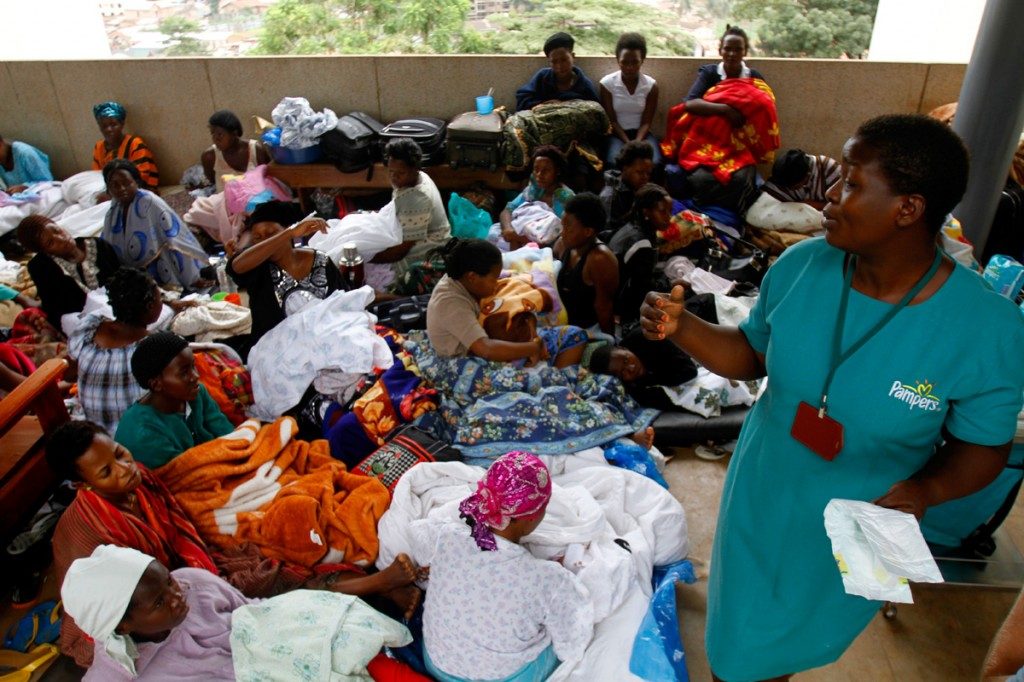More young mothers are increasingly failing to take care of their newborns, which has led to an increase in cases of neonatal mortality in Uganda, warns medical experts.

Neonatal mortality refers to the probability of children dying within the first month of life. With nearly 39,000 deaths being reported annually, experts say, it surpasses cases of death from HIV/Aids and accidents combined.
Prof Peter Wasswa, the maternal newborn research leader at Makerere University’s School of Public Health and Center of Excellence, said although infant maternal mortality has significantly dropped over the years, more children are now dying within their first month of birth.
“Neonatal mortality is one area where Uganda has not progressed… we have a very big problem with neonatal mortality [with] estimates of about 39,000 dying annually, perhaps even becoming higher because the figures don’t indicate progress,” he said.
He continued: “One of the things that we are not doing so well is improving clinical care. We have focused a lot on prevention but we need to build on that prevention and strengthen the clinical care. Small babies are dying a lot and I think we need more research on small babies.”
He was presenting a report on their findings on neonatal mortality rates in Uganda to the Heath minister, Jane Ruth Aceng, at the 13th annual scientific conference, organized by the Uganda Paedriatic Association last week.
Neonatal mortality in rural communities is reported to be higher than the national average. The conference resolved that forming partnerships among government and private hospitals to mobilize and sensitize households on appropriate maternal and newborn care practices could play a key role in reducing neonatal mortality.
SECURED GRANTS
Aceng said the government had secured a $130m grant for reproductive maternal. She emphasized that the grant will specifically be used in improving neonatal challenges across the different health centres.
“We want to scale up the capacity of the health workers for them to be more able to respond to the needs of the newborns. But also work together in collaborations with the obstetricians because the life of a neonatal begins from the time of conception to the time of birth,” Aceng said.

